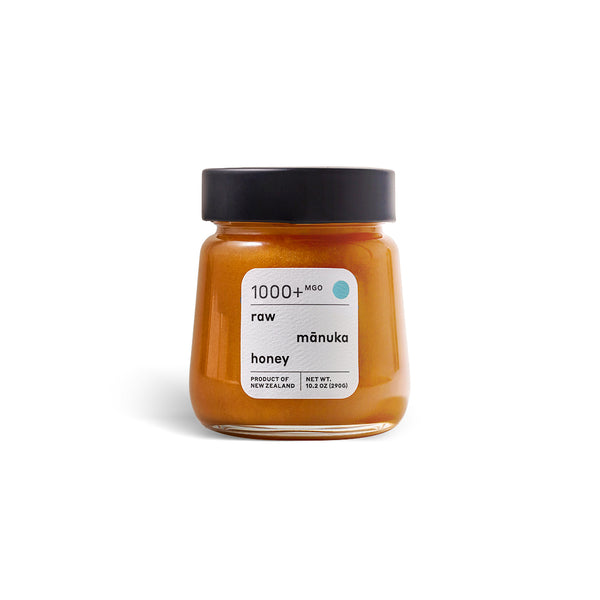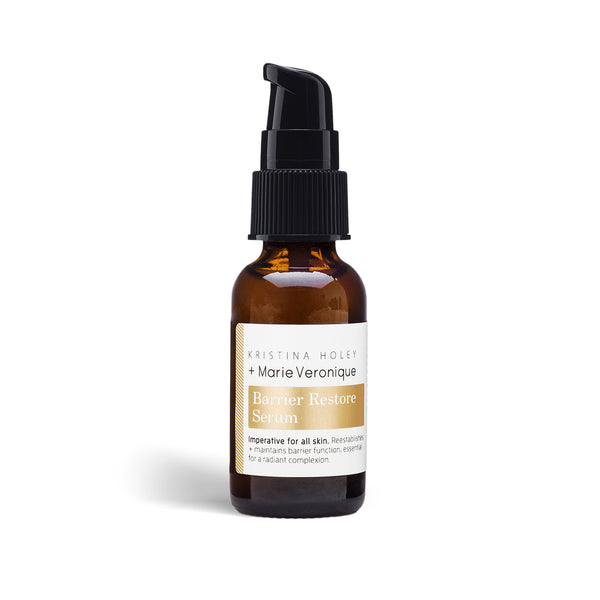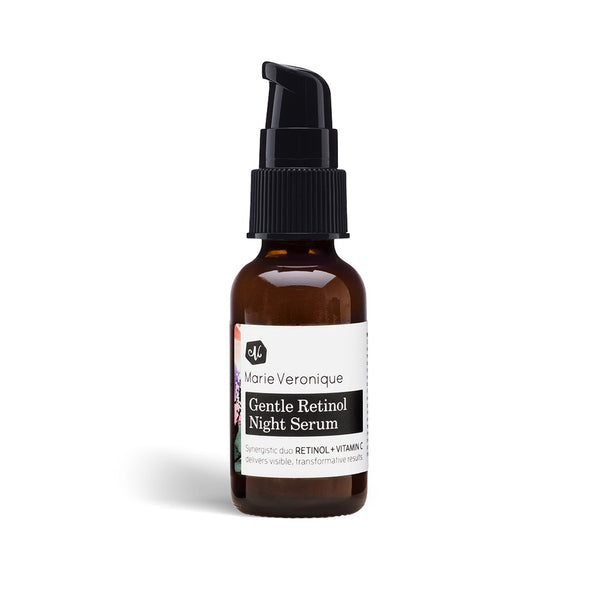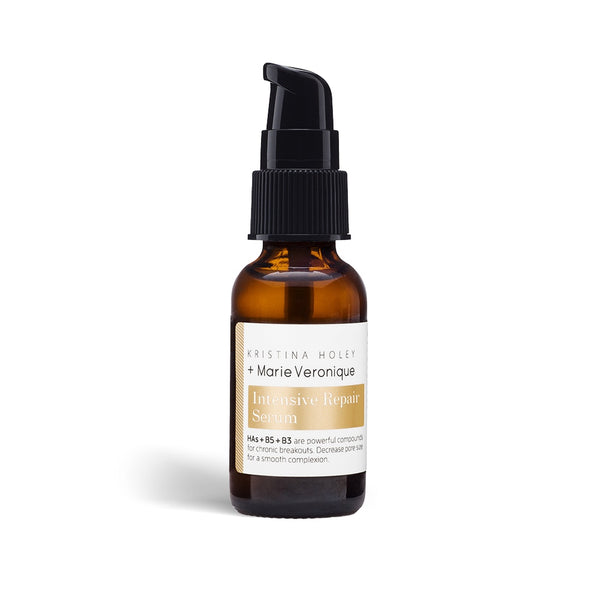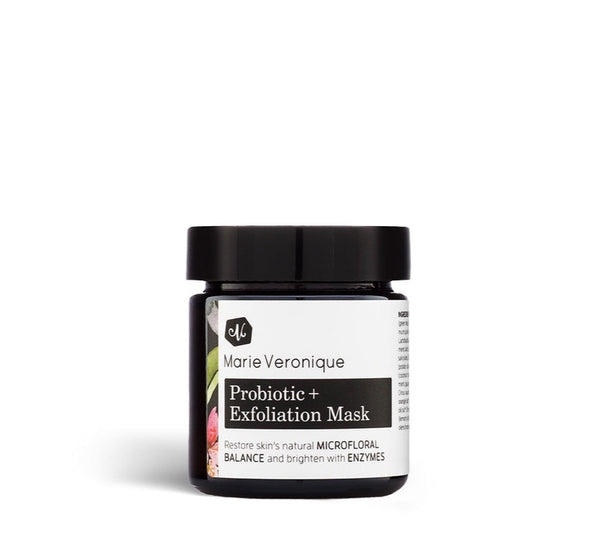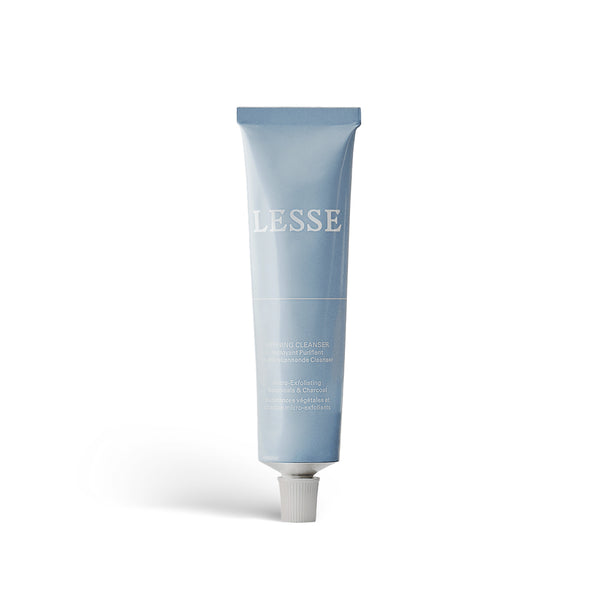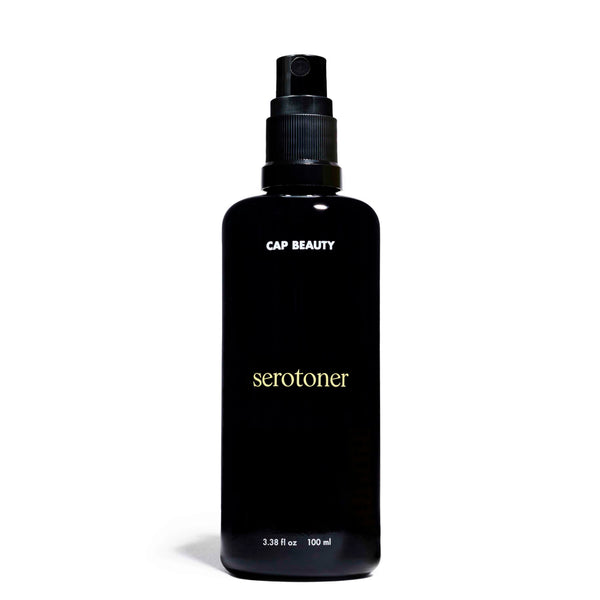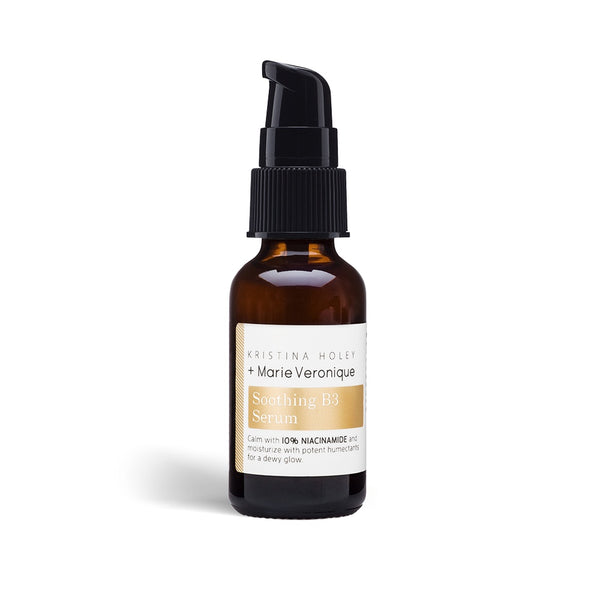What is chemical exfoliation? And what are the benefits and drawbacks?
Chemical exfoliation uses chemicals, generally acids or enzymes, to exfoliate the skin. Depending on which acid/enzyme you choose, it can be more or less gentle than physical exfoliation. It really comes down to the formulation of the product. The drawbacks of a chemical exfoliant are often dependent on the product's actual ingredients, the skin condition of the person using that product, and how often that person is using it. There are some chemical exfoliation products that are quite strong and clients are using them way too often. Any exfoliation should be contingent on your specific skin, skin conditions and other products you are using.
What is physical exfoliation? And what are the benefits and drawbacks?
Physical exfoliation involves using a scrub or physical element to exfoliate the face or body with. Some products contain particles that are way too harsh for the face or pieces that are jagged or uneven. Also, there was the whole environmental issue a few years back where plastic micro beads from face scrubs were discovered to be polluting our water system. Generally for the face I do not advise physical exfoliation unless you have thick, oily skin.
AHA vs. BHA, what are your thoughts?
The type of acid you use depends on the individual person and their skin. It is hard to make overarching statements because it is very personal depending on each person's skin. But, generally lactic acid is a safe bet because it is effective yet gentle and can be tolerated by many skin types.
Salt vs. sugar scrub, what are your thoughts?
I wouldn’t use either as a scrub on my face but I love a DIY lip scrub made with sugar and jojoba oil. You can also make a DIY salt scrub with Epsom salts that is fantastic for any of those rough, dry patches on the body.
What do you think is best practice for facial exfoliation?
Less is more with facial exfoliating. In my practice and in New York in general I see a lot of over exfoliation which can cause barrier impairment and other issues. Once or twice a week max is all you need when it comes to exfoliation. When in doubt, reach out to a trusted Esthetician on which product would be best for your skin. The truth is exfoliation is not necessary for healthy skin. Your skin exfoliates itself. If you want a deep dive into skin health and theory, there is a great blog on this topic written by Kristina Holey. I work closely with Marie Veronique and Kristina Holey and everything I know about the skin comes from my work with them.
What do you think is best practice for body exfoliation?
Body exfoliation is not my area of expertise but a terrific practice is dry brushing, it feels amazing, it wakes you up, it gently exfoliates and stimulates your lymphatic system.
How often do you recommend we exfoliate our face and does it change if we have sensitive skin, acne or rosacea?
Once or twice a week is all you need for most people and yes absolutely, some clients with sensitive skin or rosacea do not need to exfoliate at all. It is very personal and it is best to be assessed by an Esthetician if you ever have product questions related to your skin.
How often do you recommend we exfoliate our body?
If using a dry brush, once a day first thing on dry skin in the morning is perfect.
Do you recommend we exfoliate in the morning or at night?
For my clients I generally recommend doing a deeper cleanse and product application at night, it is usually when people have more time, it is before bed when you apply the majority of serums and products.
Ingredients to look for / avoid for people with sensitive skin.
Lactic acid is generally a good choice for those with sensitive skin. A DIY super gentle exfoliation mask for sensitive skin that also helps promote skin barrier functioning is yogurt! When in doubt, yogurt mask! Manuka honey also gently exfoliates and is great for sensitive skin and has healing properties as well.
Ingredients to look for / avoid for people with acne?
Willow Bark Extract, which is a natural form of salicylic acid, is great for breakouts generally.
Does exfoliation help with dry skin or make it worse?
It can make it worse! Too much exfoliation can cause barrier dysfunction.
How do you feel about more intense treatments like chemical peels?
I am not a fan of chemical peels. Less is more when it comes to invasive procedures. People / clients should think about supporting their skin's health vs. looking for quick fixes.
What are your favorite exfoliation products for face and for body?
The Probiotic Exfoliation Mask from Marie Veronique is amazing, it is gentle yet highly effective, I adore it. It exfoliates, brightens and hydrates the skin.The Intensive Repair Serum is also amazing and works best for inflammatory skin with breakouts. Great for cyclical breakouts or ingrown hairs. As for the body, for me it's a dry brush! Or even a good old fashion washcloth does the trick.

